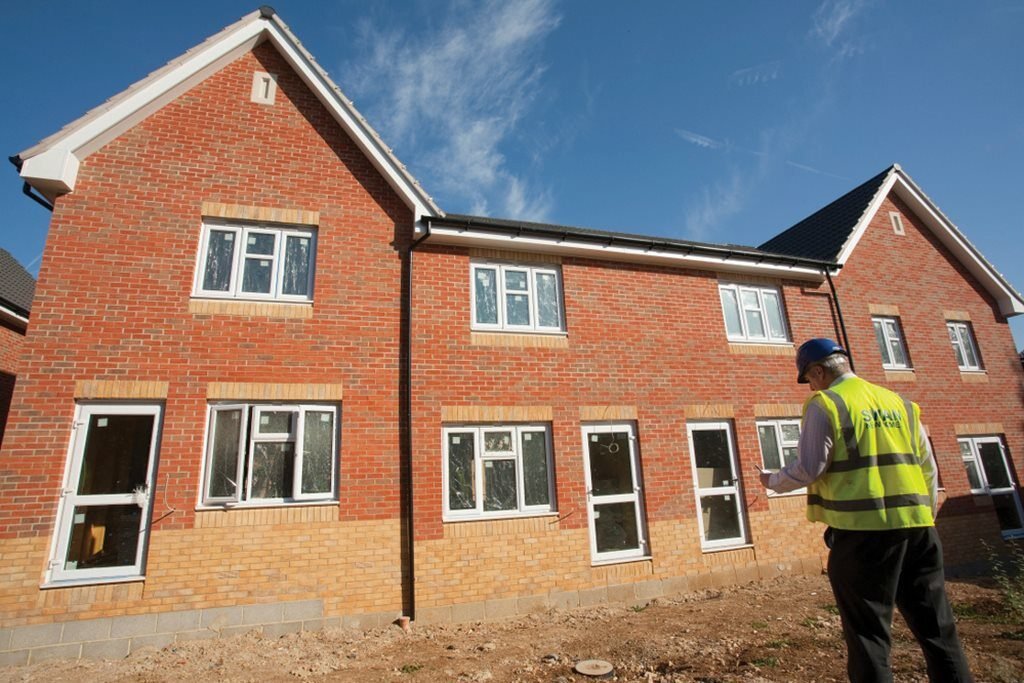If you’re a real estate agent and your website doesn’t have a blog, you’re falling behind. The real estate industry is crowded — and Google rewards those who create useful, fresh, and keyword-targeted content.
A blog isn’t just a nice-to-have; it’s a powerful asset that fuels your real estate SEO results month after month.
Let’s explore why blogging is essential and how it can help you dominate your niche.
Blogs Build Topical Authority
Google wants to show searchers the most trustworthy and knowledgeable websites. A blog filled with detailed articles about neighborhoods, home buying tips, staging advice, and market updates tells Google:
“This agent knows what they’re talking about.”
When your blog becomes a hub of valuable content, it helps you rank for hundreds of long-tail searches related to your area, building momentum that even the biggest portals can’t stop.
That’s how smart agents use SEO for real estate agents to compete.
Fresh Content = SEO Signals
Search engines love updated, recent content. Static homepages don’t cut it anymore.
When you publish weekly or biweekly posts, you:
-
Send freshness signals to Google
-
Create more indexable pages
-
Boost internal linking opportunities
-
Increase dwell time from readers
In turn, these improve your real estate website SEO and make your site more visible to both buyers and sellers.
Real Estate Blogs Are Lead Magnets
Blog traffic isn’t just vanity — it can be monetized. A properly written blog post can:
-
Drive organic traffic from long-tail keywords
-
Position you as a local expert
-
Collect emails via lead magnets or newsletter forms
-
Push visitors to listings or contact pages
Imagine ranking for “best neighborhoods in Austin for families” and getting 200 monthly visitors from that one post alone. That’s the compounding power of a good blog backed by real estate SEO keywords.
Local Blogging = Hyper-Targeted Traffic
Generic blog posts won’t cut it. You need to go hyper-local.
Topics like:
-
“Top 5 coffee shops in [Neighborhood]”
-
“Market update: [City] Real Estate in July 2025”
-
“How to price your home in [Zip Code]”
These posts attract people in your farming area — exactly the kind of traffic that converts.
This strategy aligns perfectly with local SEO for real estate and helps you compete directly against the national platforms.
Blogs Support Your Other Marketing Channels
Each blog post can fuel multiple parts of your marketing:
-
Snippets for social media
-
Talking points for video content
-
Ideas for email newsletters
-
Internal links to drive SEO strength to your main pages
The smartest agents treat blog content like assets — not just posts. And the smartest agencies treat blogging as a core part of their real estate SEO strategy.
Best Practices for Real Estate Blogging
To get the most SEO value out of your blog, follow these tips:
-
Write 800–1,500 words per post
-
Include at least one main keyword per article
-
Use local area names naturally in the content
-
Add internal links to your listings and service pages
-
Include clear calls to action (CTAs)
-
Use unique photos when possible
And don’t forget to optimize meta titles, meta descriptions, and headers. Every little detail contributes to your SEO for real estate websites.
It’s a Long Game — But It Works
Blogging doesn’t bring overnight results, but the ROI over time is massive. Posts you write today could bring leads and backlinks 6–12 months from now.
Consistent effort builds trust with search engines. If content creation feels like too much, that’s where a real estate SEO expert or agency comes in — handling strategy, writing, optimization, and performance tracking.
Final Thoughts
If you want to win in real estate SEO, you can’t afford to skip blogging. It’s the core that holds your content marketing, search visibility, and lead generation together.
Start now — one post at a time. Or let a real estate SEO company take the wheel and turn your site into a high-performing content machine.

